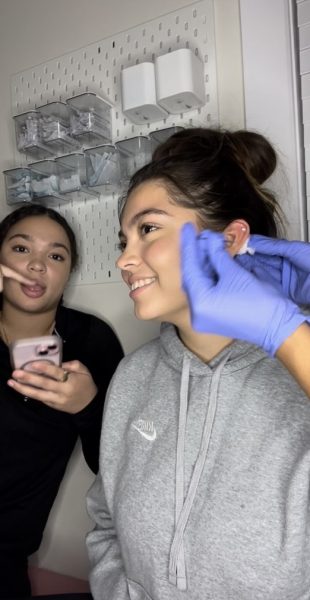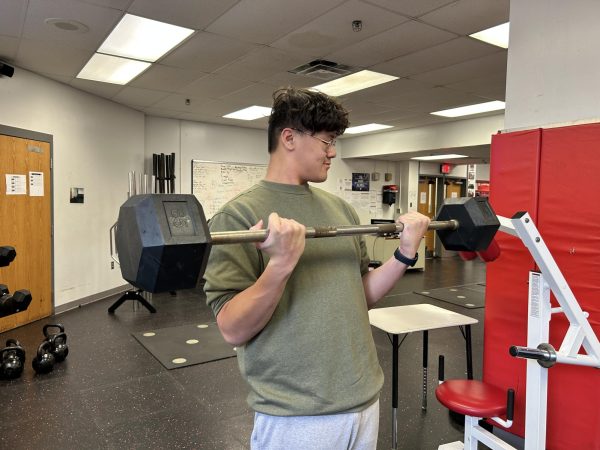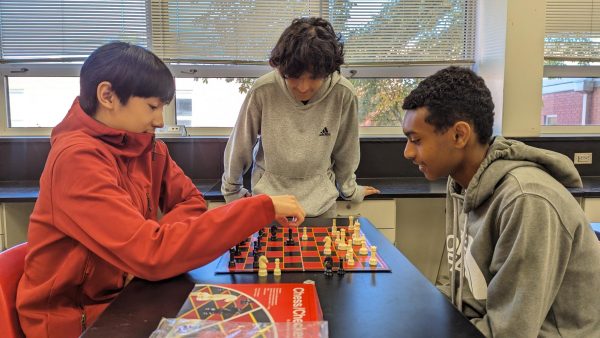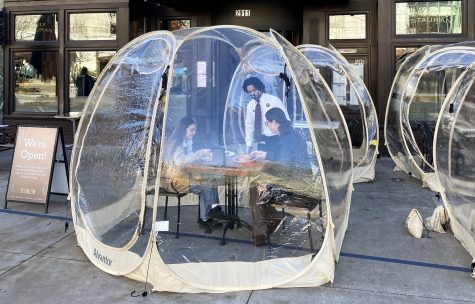How addicted are teens to technology?
It’s no doubt that society has become heavily reliant on technology. From driving cars daily for transportation to using computers daily in school/ work.
There is a heavy emphasis on the importance of technology and in this day and age, it is nearly impossible to survive without it.
Although a piece of technology that is used daily by a majority of the world population is the iPhone. The first ever iPhone was introduced in the year 2011 and ever since then it has changed the game in how we interact with one another.
“I think that the iPhone affects teens because it created a very strong addiction within teens in this generation. Many kids don’t know how to survive without their phones and it’s become sad to see how many hours teens use their phones daily,” senior Trisha Raja said.
When the first iPhone came out phones changed from being a simple piece of technology used for communication to a different world of social media as well as fewer in-person interactions.
The steep development of social media has changed the way teens view the world and interact with one another online as well as in person.
One example of this is TikTok, where trends heavily impact the way teens view the world because of their excessive time on the app.
There are many trends as well as valuable life lessons that are made through the fifteen to one-minute videos that teens learn through the app.
“I managed my approach to student mental health this year compared to last year. Covid still affects people, it was traumatic and people still need to be accounted for and supported for their experiences,” senior Jenna Saykhamphone said
Due to the pandemic, there has been a switch in how we view technology in professional and academic workspaces. Because of virtual schooling as well as virtual meetings, we have seen a significant difference in the workplace in how often we use our laptops.
“I try to limit the amount of time I spend on my technology because it builds an unhealthy relationship with my devices and I’d rather spend my time doing something productive,” senior Ruftana Beyene said.

Senior Sereene Darwiesh has been on The A-Blast since freshman year. She spends her time reading and hanging out with friends, her hobbies consist of baking...











